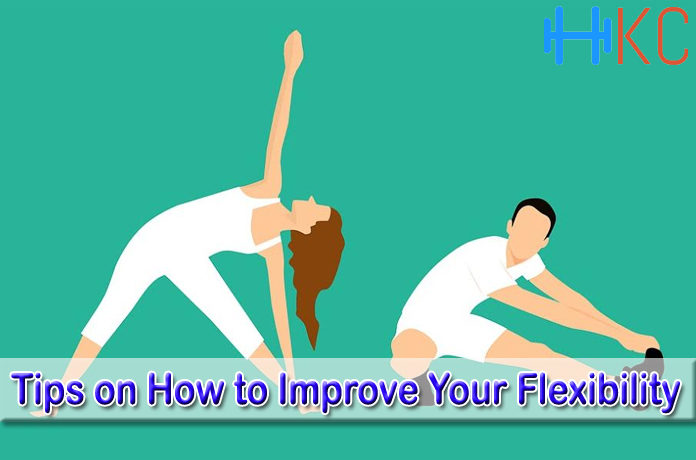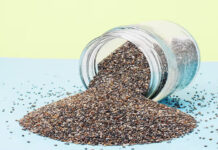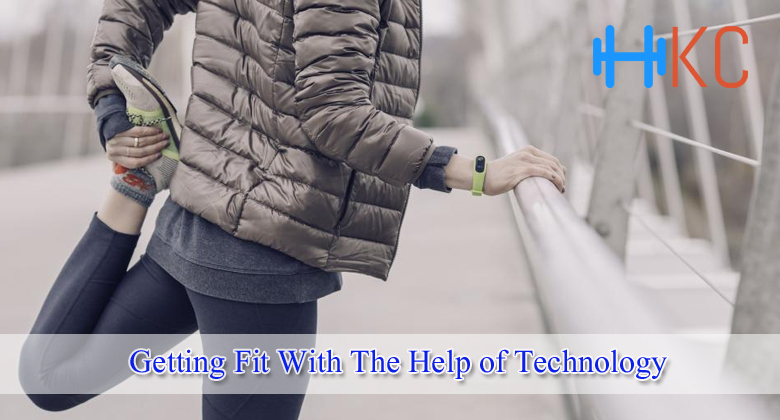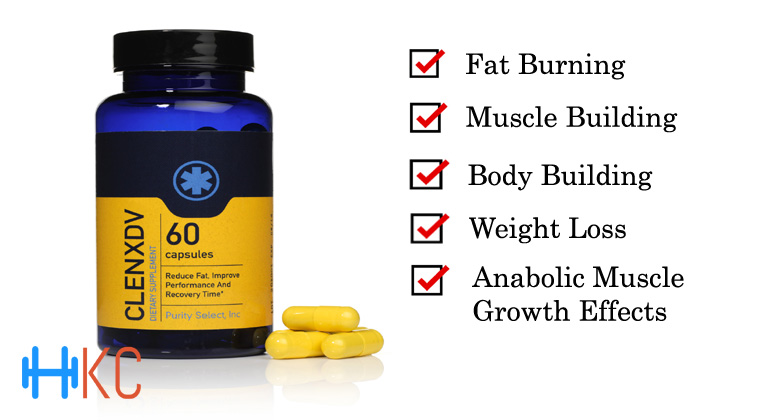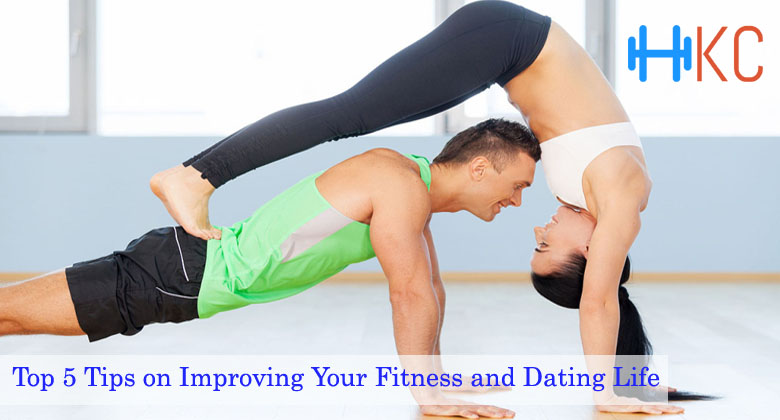Flexibility is an individual thing. It is concerned with the range of motion that a joint can move through. Don’t be concerned about flexibility because a person says you should be. If you are able to carry out your normal activities and sport without pain, discomfort and stiffness, flexibility is not a big issue for you. If you feel like you could be more flexible and less stiff after exercise than getting more flexible is for you. First thing is to work out what parts need to be more flexible and then when you have your plan in place be patient and stick with your plan. Your flexibility will improve, muscle soreness will decrease and stiffness will also decrease.
1. Work out what parts of your body are stiffest
Tightness in joints and muscles can be from soft tissue scarring, restricted joint movement from a congenital problem or the fact your muscle is resisting a stretch while it is at rest. A tight body part may not even feel like it is the problem. Stiffness in your lower back, for example, can come from a tight hamstring and the stiffness is often not located or causing a problem in that muscle group.
- A tight hamstring can cause you pain in your lower back
- Tight hip joints and flexors can cause knee problems
- Tightness of chest muscles can lead to upper back pain and problems
2. Have patience and be consistent
Gaining flexibility is all about being patient and doing your stretching exercises as planned and not taking a week off here and there. Slow down you approach to stretching and take your time. Don’t stretch till it hurts.
Don’t constantly do the same old stretches. Look for different ones that will keep the boredom at bay. Do some one day and others the next to change it up. Try to do some flexibility training every day so as your muscle remembers what it is required to do. As you become more flexible you may be able to miss a session here and there but not over a week for example. You don’t want to lose your new found flexibility by becoming complacent. It has taken a long time to gain but will only need a short time to lose.
3. Determine your need of flexibility
You need to work out why you need to be more flexible. Is it because it is hard getting your shoes on, picking things up from the floor or you have sore muscles after a workout or sport?
Flexibility will do the following things:
- lessen muscle soreness
- decrease injury risk
- improve performance
- improve range of motion
- reduce pain
Stretching will aid your flexibility but apart from that there is not a lot of evidence to support stretching as an activity.
Flexibility will also aid in muscle strength and growth as the muscles find it easier to move.
4. Stick to your plan of stretching
Formulate a stretching plan after your workouts and stick to the plan. Repetition will help with flexibility and use a range of stretches that covers all the muscle groups in your body. Also do some light stretching before bed as this works on muscle memory and the increased length of muscles is remembered at a neuromuscular level.
5. Do a dynamic workout before exercise and follow it up with static stretching
Long holds of static stretches are not as good for your body as once thought. A dynamic warm up with squats, star jumps and lunges will warm up your body ready for your workout or sporting activity. After your workout static stretching is beneficial as muscles are warm and the idea is to lengthen those muscles by stretching.
After a workout or hard physical activity when your body is warm is the ideal time for stretches to gain flexibility.
6. Use a variety of stretches
Each muscle group in the body can be made up of more than one muscle and each of those muscles needs to be stretched. So doing the same hamstring stretch over and over again, apart from being really boring, is only working one little muscle and not the others involved with your hamstring.
You need to every hamstring stretch that you can find to improve the overall flexibility of that body part. Vary the positioning of your feet, knees to gain the most from stretches. Improving the flexibility in your hamstrings means that you need to be also stretching your gluts, lower back, hip joints, calf muscles and groin.
7. Types of stretching
The best type of stretching to improve your flexibility is the static stretch. Do these after your workout when you are warm and muscles are easier to move and lengthen. Long holds of over 20 to 30 seconds are the best way to improve your flexibility.
The dynamic stretch is often used by world class athletes to warm up for an event and they are taught the correct technique.
8. Don’t over stretch or bounce
Overstretching to the point of pain is doing more damage to the muscle than the improvements from stretching. Stretch to a comfortable point and hold for 10 to 20 seconds, Overstretching could lead to joint dislocation, muscle tearing or ligament sprains.
Bouncing is not good for your muscles as the rocking motion to gain stretch can often not be controlled and over stretching can occur. Take it slow and see the gain in flexibility.
9. Don’t get too flexible
Being too flexible can cause you problems. If a muscle becomes hyper flexible it can become weakened and cause other problems with injuries such as joint instability and sometimes even dislocation of a joint.
If you are naturally really flexible you may need to add resistance training to strengthen your muscles without adding any more flexibility.
You only need to increase your flexibility to lead your life with all of its extra activities and movements. For examples even different professional sports men and women need to be flexible in different ways.
A baseball pitcher needs more flexible shoulders and upper back than a runner.
A martial artists may need to have overall flexibility while a professional cyclist needs less flexibility overall.
Being able to do the laundry, hang the clothes on the line, go shopping and play social sport needs a certain level of fitness, muscle strength and flexibility. You don’t need to tie your arms and legs in knots and put both feet behind your ears.



